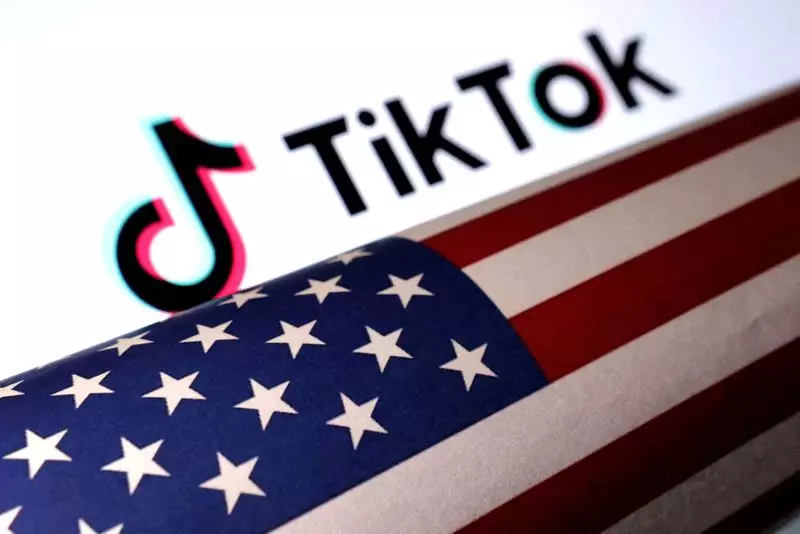The U.S. Department of Justice has taken a firm stance in requiring China-based ByteDance to sell TikTok‘s U.S. assets due to concerns about national security. The department argues that TikTok, under Chinese ownership, poses a significant threat because of its access to vast amounts of personal data of Americans. The fear is that China could potentially manipulate the information consumed by American users through the platform, raising serious national security concerns.
The Biden administration has requested the U.S. Court of Appeals to uphold the law that mandates ByteDance to sell TikTok by a specified date or face a ban. Despite TikTok’s denial of sharing U.S. user data with China or manipulating video results, the government stands firm in its belief that the threat is real and warrants immediate action. The government’s argument is backed by claims of potential data collection and covert content manipulation by the Chinese government.
On the other hand, ByteDance has pushed back against the allegations, emphasizing that the government has not provided substantial proof to support its claims. The company insists that it has never shared U.S. user data with China and refutes the notion of covert manipulation of content. However, the government remains unconvinced and asserts that the risks associated with Chinese ownership are too great to ignore.
The Department of Justice has outlined a myriad of national security concerns regarding ByteDance’s ownership of TikTok. These concerns are not unfounded as they are rooted in the broader geopolitical strategy of China to develop and pre-position assets for potential use in the future. While there is no concrete evidence of Chinese government access to U.S. TikTok user data, the government maintains that the risk is significant enough to justify its actions.
The law signed by President Joe Biden requires ByteDance to sell TikTok by a specified deadline to avoid a ban. The White House has made it clear that it wants to eliminate Chinese-based ownership of TikTok on national security grounds. The Department of Justice has dismissed claims that the law infringes on free speech rights, emphasizing that it is primarily driven by national security concerns. Additionally, the government has expressed doubts about TikTok’s ability to protect U.S. user data adequately, citing a lack of trust in ByteDance’s resources and capabilities.
The legal battle over TikTok’s fate has been scheduled for oral arguments just weeks before the upcoming presidential election. Both Republican and Democratic nominees have taken stances on the issue, with opinions divided on whether a TikTok ban is necessary. The law prohibits app stores and internet hosting services from supporting TikTok unless it is divested by ByteDance, reflecting the growing concerns among U.S. lawmakers about China’s potential access to American data through the platform.
The push to sell TikTok’s U.S. assets by the U.S. Department of Justice underscores the complex web of national security concerns intertwined with international ownership of popular social media platforms. As the legal battle continues to unfold, the implications of this decision reach far beyond the confines of a single app, raising questions about data security, geopolitical strategies, and the delicate balance between free speech and national security.

